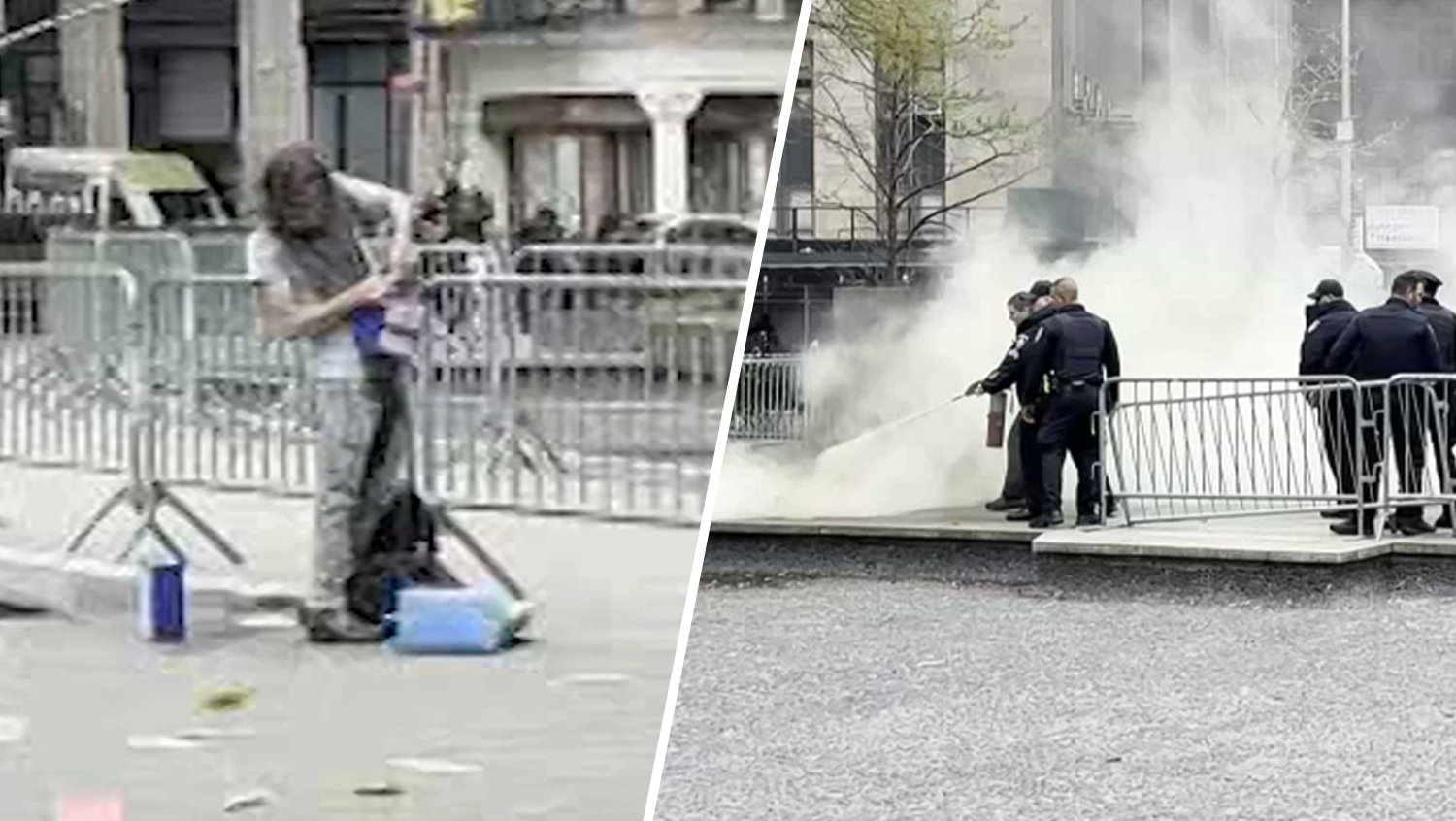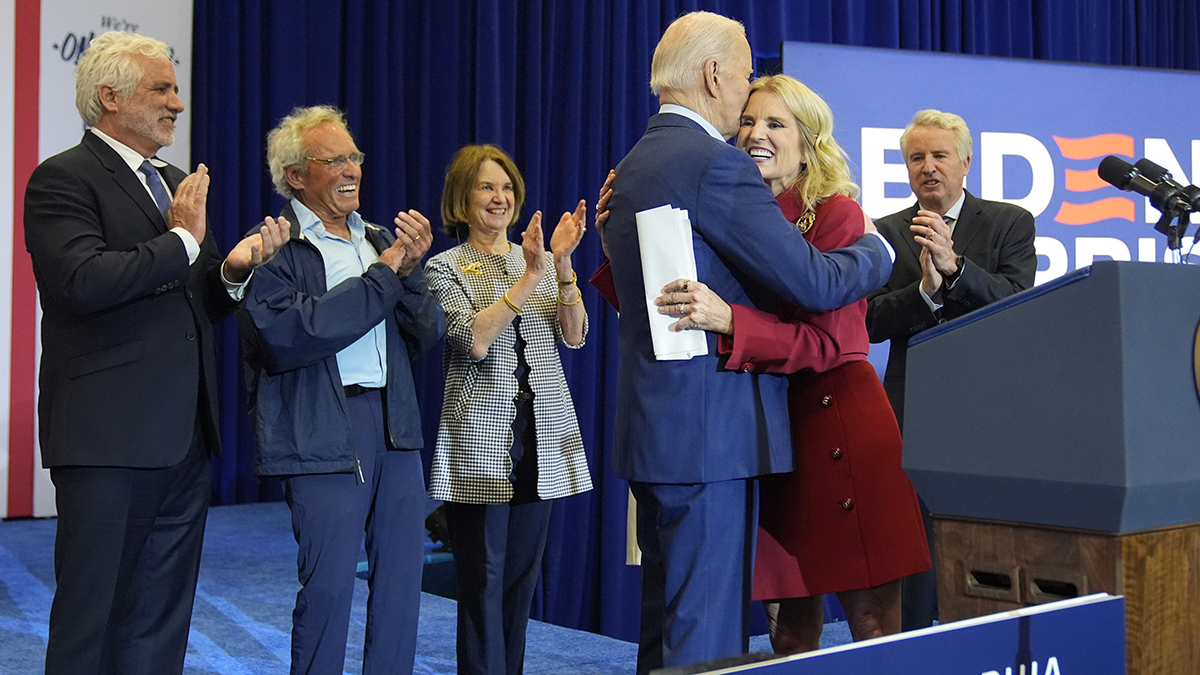"Everybody wants a scoop, Carol," he said. "Everyone wants to be first."
The last conversation I had with Dan Rostenkowski was on April 22, 2010.
His voice was as big and bold as it ever was, but punctuated by fits of coughing from time to time that made him put down the phone until it subsided.
"I'm dying," he told me a few days before.
But in this last conversation of ours, when I brought that fact up again, he thundered: " I don't want that to get out. It's my business." Then he paused and added, "I have lung cancer. I don't know how long I've got."
I called him Mr. Chairman during our conversation, which ranged from politics to the state of the news media. He did not have a good opinion of my profession.
"Mr. Chairman," I asked. "What's the difference in politics between the way things are and the way they were?"
Politics
"The 24 hour news cycle!" he boomed. "They don't care about accuracy. But then again, Carol, the whole world has changed... Legislators don't have the opportunity to let people absorb what the meaningful legislation they are proposing means."
Rostenkowski coughs again, and then says, "I watch all these talk shows ... you people in your 4th Estate aren't analyzing anything anymore ... the competition is so great."
Democracy, he told me, is painful. It requires sacrifice, and is endlessly complex.
The complexity was something he reveled in as the powerful Chairman of the House Ways and Means Committee between 1981 and 1994, a period of time in which he and a Republican president, Ronald Reagan, worked out revisions of the tax code.
But the politics of his time became more complex as well, and soon he was on the wrong end of a federal investigation that sent him to prison.
"I attended Oxford," he would later say ruefully. Not the University.
Did he believe, I asked him in our last conversation, that all the years he spent in politics and in Congress would be overwhelmed by the memory of that federal conviction?
"What do you think?" he roared.
I told him I believed there was much more to say about him than that, and about his larger-than-life legacy.
"I hope you're right," he said.



